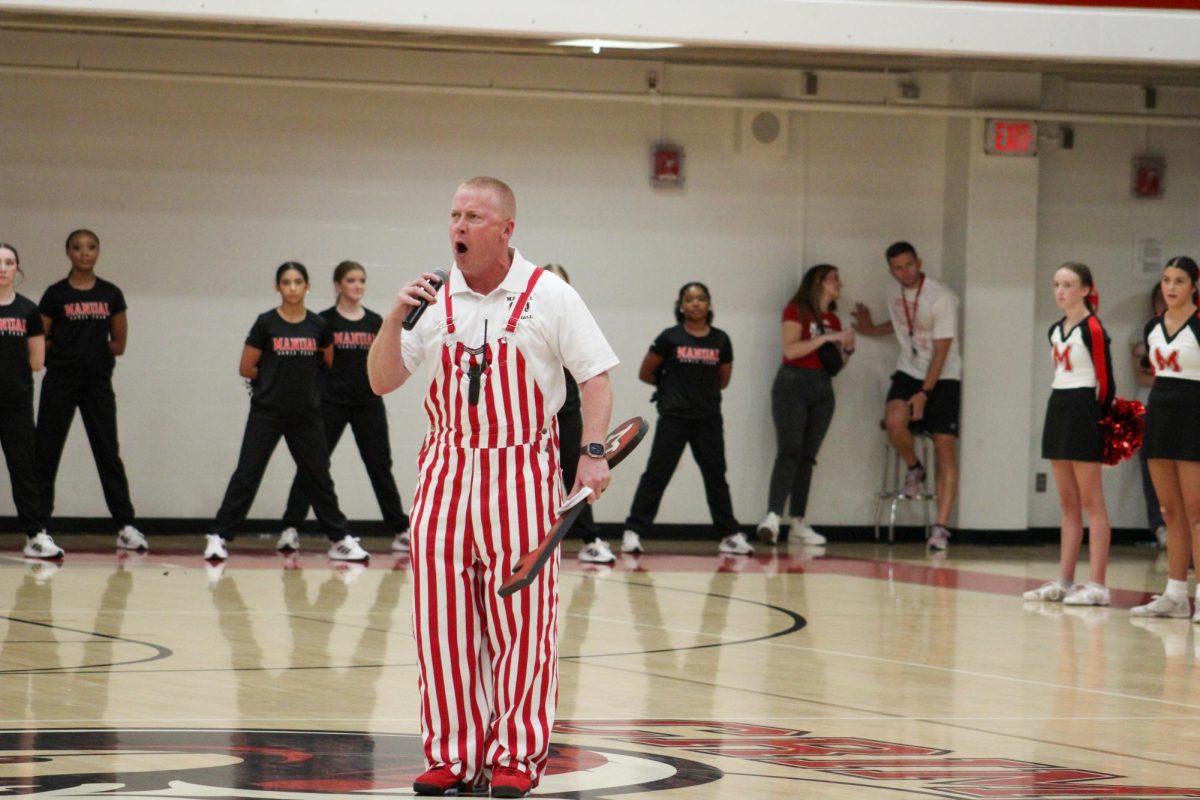“Catfish” has taken on a new meaning in 2013, due to the exploding popularity of a documentary/docudrama surrounded by the story of Nev Schulman and his journey of meeting an online potential romance which transformed into a hit television show about others’ journeys to meet their online romances. These romances often turned sour or bloomed into something different but odd. This docudrama has now been related to a new story about Manti Te’o and his non-existent girlfriend, Lennay Kekua. What this brings to mind is two questions: how well we can trust the information we receive through technology, and what makes being someone else so appealing.
It may seem like one of those things that happens to people who are naive and unsuspecting, but the truth is, it probably has happened to you or someone you know. It’s certainly has happened to people at Manual. We’ve probably had our own experience with being tricked, but not all of us have tricked someone else.
Tabitha Awoniyi (11) didn’t like the vibes she received from her best friend’s boyfriend. “I knew that he wasn’t a good guy for her, but none of us could prove to her he was unfaithful,” Awoniyi said. The next step was to make a fake Facebook account without her friend’s knowledge. It had to look real. “It had a good number of friends, many pictures of the same girl — you couldn’t tell it was a fake account,” she said. Then the flirtatious messages started. Weeks later, Awoniyi had all the proof she needed. “He told me he didn’t have a girlfriend; the girl in his pictures were his sister,” she said.
Awoniyi presented the information to her friend, and a confrontation occurred. “He was stupid and thought deleting his account would make the messages disappear. I showed them to her; she broke things off with him,” she said. Of course, Awoniyi did suffer some consequences. “He called me all sorts of things,” she said. She did feel guilty. “Obviously, it was kind of evil of me, but I was looking out for my friend. My thing is, honesty is the number one key to a long, lasting relationship. And obviously honesty wasn’t his best quality,” she said.
In her role of a Catfish-er, we find ourselves wondering: is it wrong what Awoniyi did or should she be thanked? In the end, it can be said things worked out for the best and a liar was exposed, but Awoniyi had to lie to get it. But then we’d have to get into all that moral talk and the difference between right and wrong, but it seems that being someone else doesn’t always have to be for the wrong reasons. Awoniyi deceived someone who deceived someone else. Awoniyi’s reasons for being someone else were to protect someone she cared about.
I think at some point, we were all little kids exploring the web, and we came across Myspace or Facebook and believed that the number of likes or picture comments determined our self-worth, and one day we realized this is not the case (or not, maybe you’re still in that phase). We were willing to fool or be fooled, and didn’t care what the consequences were. Now we are older and are allowed to make our own decisions. We can use the power of the internet for good or bad.
Just remember, the Internet isn’t real life.




